Chicken Broth Recipe
If you wish to introduce protein into your little one’s diet, what better way to feed her with some homemade chicken broth? Chicken broth for babies/toddlers is a superfood and can be a welcome change for their taste buds. Creating a wholesome and delicious chicken broth for kids is not just about serving a warm bowl of comfort; it’s about packing nutrients essential for their growth and development. Moreover, being light on the stomach and the digestive system, it is best given when your little one is down with an upset stomach or cold. Let’s dive into making a kid-friendly chicken broth that’s both delightful and beneficial for their well-being.
How to Make Chicken Broth?
Making chicken broth for babies and toddlers is a simple process that yields a flavourful and nutritious base for many dishes. Here’s a step-by-step guide to help you make your homemade chicken broth.
Cooking Time
| Type | Time (hh:mm:ss) |
| Preparation Time | 00:10:00 |
| Cook Time | 00:30:00 |
| Total Time | 00:40:00 |
Cooking Method
Gas Stove
Type of Meal
Non-Vegetarian
Great/Suitable For
Any baby above 11 months of age
Meal Schedule
Mid-morning or Lunchtime
Recipe Type
Main Dish
Ingredients
| Ingredients | Quantity and Volume |
| Boneless Chicken | 4-5 pieces |
| Celery Stalk | 1 |
| Carrot | 1 (small) |
| Onion | 1 (small) |
| Garlic | 2-3 cloves |
| Parsley | Few sprigs |
Instructions
Although it is a simple recipe, people often wonder how to make chicken broth. Here is an easy homemade chicken broth baby food recipe, step by step.
- Take off the skin or excess fat from the chicken pieces.
- Wash the chicken pieces well under running water.
- Cut the chicken pieces into small cubes.
- In a kadhai, put the chicken pieces and add enough water.
- Once the water starts boiling, bring down the flame and let it simmer for 10-12 minutes.
- While the water is simmering, peel the carrot and cut it into big cubes.
- Peel the onion and dice it up.
- Also, peel the garlic and chop the parsley and celery stalks into big pieces.
- Drain out the chicken stock and keep the boiled chicken pieces in a bowl.
- Put the boiled chicken pieces and all the vegetable pieces in a fresh saucepan or kadhai.
- Add enough water so that it covers all the ingredients.
- When it starts boiling, bring down the flame, put a lid on it and let it simmer for 20 minutes.
- After 20 minutes, switch off the gas stove.
- Once done, using a colander, strain out the vegetables and chicken pieces in a bowl or some other utensil.
- The chicken broth can be given to your baby right after it has been cooked or stored in the refrigerator for later use.
Recipe Tips
From selecting the best ingredients to perfecting the simmering process, these tips will help you create a rich, savoury broth packed with goodness. Here are some key pointers to ensure your chicken broth turns out perfectly every time.
- Raw meat may have bacteria. Therefore, wash your hands before and after handling or touching raw meat.
- Before giving it to your baby, bring the broth to room temperature so as not to scald or burn her tongue and mouth.
- To store the broth, cool it. Then, transfer it to a container, put a lid on it, and refrigerate it.
- Use the broth within two to three days after storing it in the refrigerator.
- If you want to keep the broth longer, you may deep freeze it for about three months.
- Add salt to the broth just before giving it to your baby.
Nutrition Information (Per 100 Grams)
Here’s the nutritional information per 100 g of this nutrient-rich broth.
| Nutrient | Value |
| Calories | 10 kcal |
| Total Fat | 0.5 g |
| Cholesterol | 5 mg |
| Sodium | 860 mg |
| Carbohydrates | 1 g |
| Protein | 1 g |
Health Benefits
An easy chicken broth recipe, which you can prepare at home, is not only delicious for your baby’s taste buds, but is also loaded with numerous health benefits.
- Being light on the stomach, it aids digestion.
- It improves immunity, shielding the child against colds and coughs. If given during a baby’s recovery after a bout of fever, cold and cough, it expedites the recovery (1).
- Giving chicken broth produces more collagen, which will improve your baby’s skin, hair and nails (3).
- Giving chicken broth to your baby more often will guard the little one against respiratory problems due to the presence of the amino acid cysteine. It is also a great and easy home remedy to recover from respiratory infections (2).
- The amino acid glycine in chicken broth helps reduce inflammation, resulting in better digestion and immunity in children. It also flushes out the body’s toxins (4).
- Chicken broth contains magnesium, keeping your baby from anxiety, stress, and sleep disorders.
Buying Guide
Knowing what to look for when purchasing chicken broth can make all the difference in ensuring you choose a high-quality product.
- Buy farm-fresh ingredients.
- When possible, choose organic chicken and vegetables for your broth. Unlike traditionally raised chicken, these are readily available in supermarkets and are grown naturally, free from hormonal injections and antibiotics.
FAQs
1. How can I reduce the fat content in the chicken broth?
You can skim off the fat that rises to the surface while the broth is simmering to lower the fat content. Alternatively, refrigerate the broth and remove the solidified fat layer before using.
2. Is it necessary to use homemade broth, or can I use store-bought options?
While homemade broth is often preferred for its freshness and control over ingredients, store-bought options can be convenient. If using store-bought, look for low-sodium and no artificial additives to keep it healthy for kids (5).
3. How do I ensure the chicken broth is safe for young children?
Ensure the chicken is fully cooked and the broth is strained to remove small pieces. Always check the temperature before serving to ensure it’s not too hot for children.
By following the right techniques and tips, you can create a delicious and nutritious broth that caters to the tastes and needs of young children. So, roll up your sleeves and get cooking; your efforts will surely be met with smiles and a healthy boost to their day!
References/Resources:
1. Zhang. J, Wang. X, Li. H, et al.; Immunomodulatory Effects of Chicken Broth and Histidine Dipeptides on the Cyclophosphamide-Induced Immunosuppression Mouse Model; PubMed Central; https://www.ncbi.nlm.nih.gov/pmc/articles/PMC9659005/#
2. Rennard. B, Ertl. R, Gossman. G, et al.; Chicken Soup Inhibits Neutrophil Chemotaxis In Vitro; ResearchGate; https://www.researchgate.net/publication/12288112_Chicken_Soup_Inhibits_Neutrophil_Chemotaxis_In_Vitro
3. Dusen. C. V; Should We All Be Drinking Bone Broth?; The Well by Northwell; https://thewell.northwell.edu/healthy-living-fitness/benefits-of-bone-broth
4. Li. Z, Li. X, Cai. Z, et al.; Immunomodulatory effects of chicken soups prepared with the native cage-free chickens and the commercial caged broilers; PubMed Central; https://www.ncbi.nlm.nih.gov/pmc/articles/PMC9411684/
5. Food as Medicine: Therapeutic Use of Broths; The Children’s Hospital of Philadelphia; https://www.chop.edu/health-resources/food-medicine-therapeutic-use-broths
Also Read:
Tomato Pumpkin Rice Soup Recipe
Bean Soup Recipe for babies and toddlers
How to Make Palak Soup for Babies & Toddlers?
Ragi Moong Dal Soup Recipe for babies & toddlers
Was This Article Helpful?
Parenting is a huge responsibility, for you as a caregiver, but also for us as a parenting content platform. We understand that and take our responsibility of creating credible content seriously. FirstCry Parenting articles are written and published only after extensive research using factually sound references to deliver quality content that is accurate, validated by experts, and completely reliable. To understand how we go about creating content that is credible, read our editorial policy here.





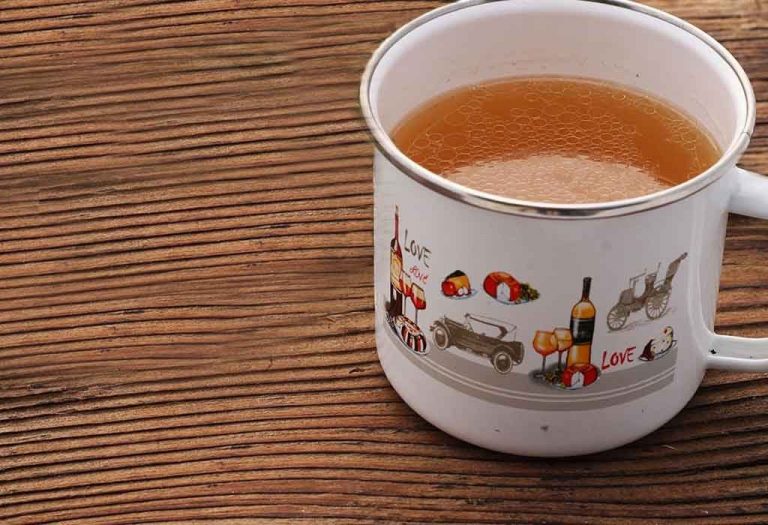
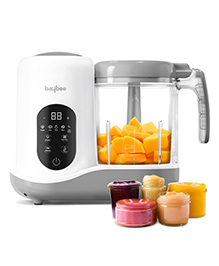
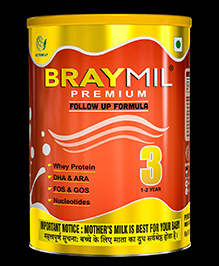
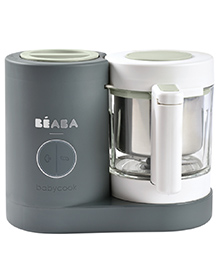
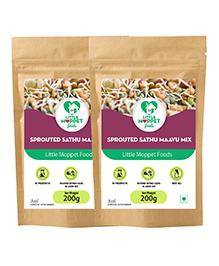

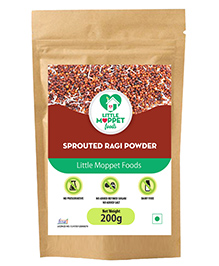
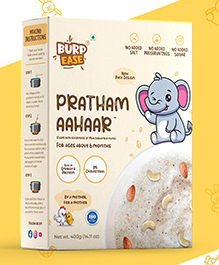
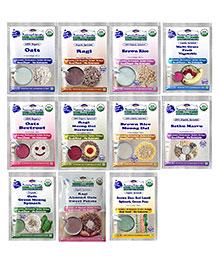
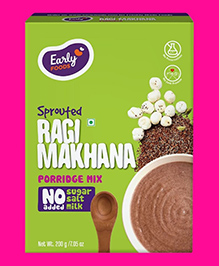
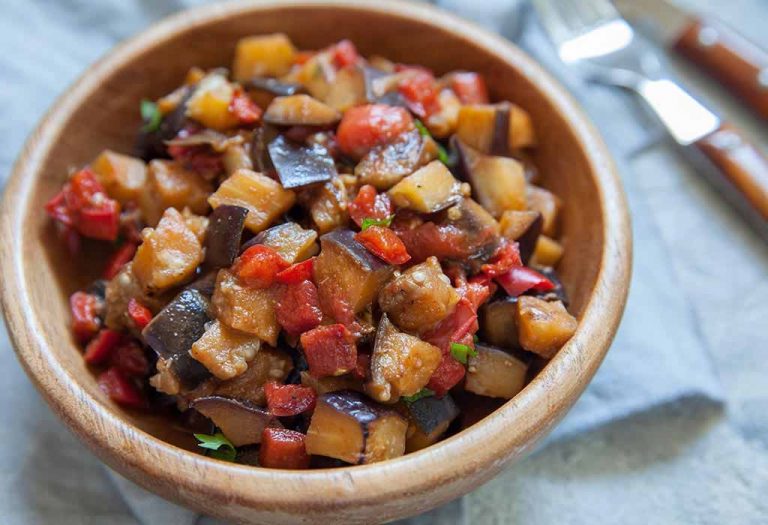

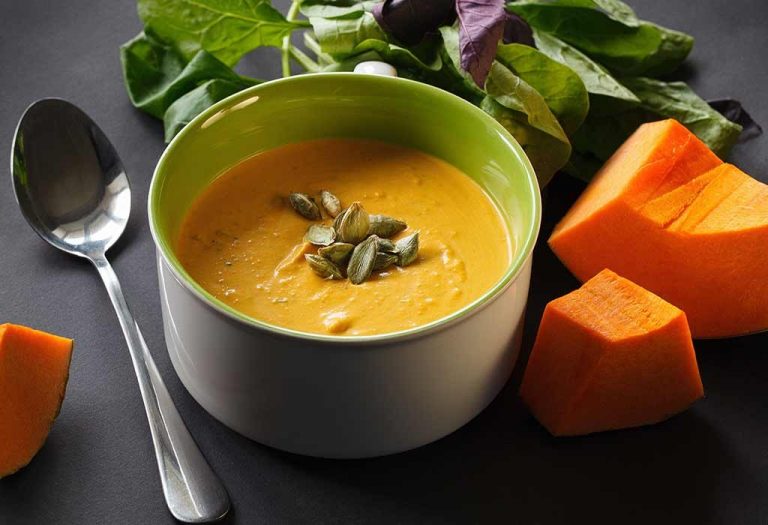
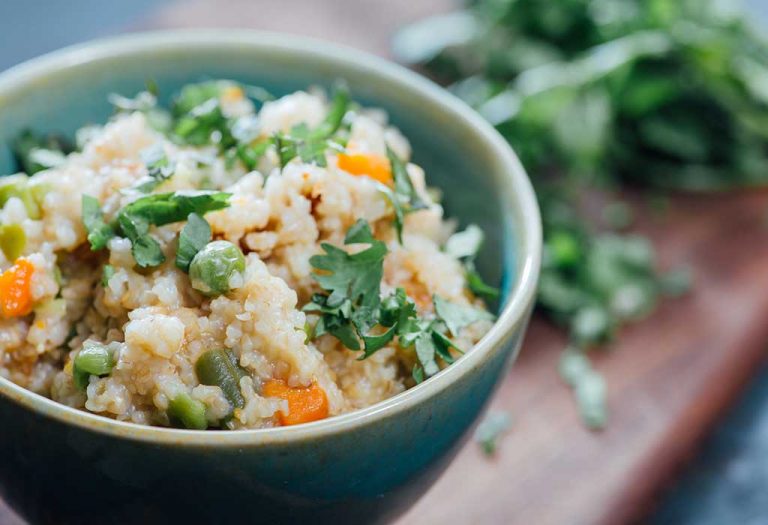
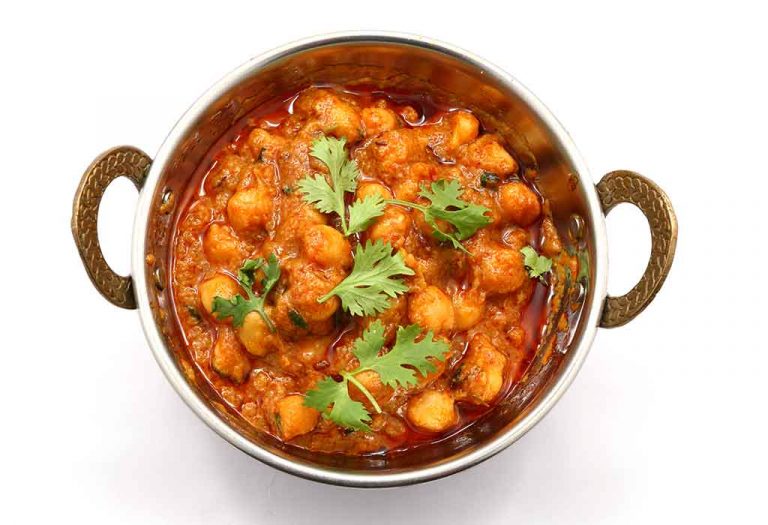


.svg)


















